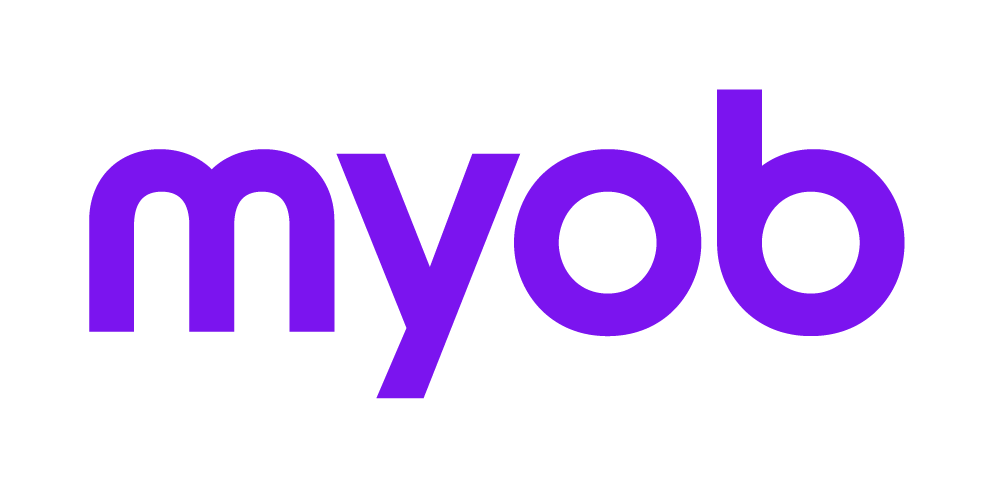IR6 Question 28 Initial provisional tax liability
If this is the first year the estate or trust started to derive gross income from a taxable activity, print the start date in Box 28.
Provisional tax isn’t payable if the residual income tax (RIT) for the previous year was $2,500 or less. Most new businesses don’t pay provisional tax in their first year of operation because there’s no RIT from the previous year to base the calculation on.
However, a special rule requires you to pay interest if you have an initial provisional tax liability.
The estate or trust has an initial provisional tax liability if:
it starts to derive gross income from a taxable activity, and
it had not derived income from a taxable activity within the preceding four years
you have RIT of $60,000 or more in the current year.
The interest cost can be reduced or eliminated by making voluntary provisional tax payments on the instalment due dates.
Interest rules for taxpayers with an initial provisional tax liability
Taxpayers with an initial provisional tax liability may be charged interest from the first, second or third instalment date. The instalment date that interest applies from is determined by the taxable activity’s start date.
For estates and trusts whose balance date is 31 March, the start date for interest will be:
29 August, if the taxable activity started before 30 July of the same year
16 January, if the taxable activity started between 31 July and 16 December of the previous year
8 May, if the taxable activity started on or after 17 December of the previous year.
An estate or trust with a balance date other than 31 March generally pays provisional tax on the 28th day of the 5th, 9th and 13th months after the balance date, unless filing 6 monthly GST returns.
If you need help to work out whether the estate or trust has an initial provisional tax liability, read the guide Provisional tax (IR289).
